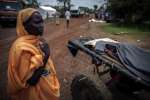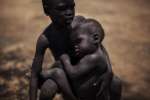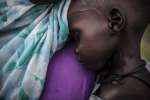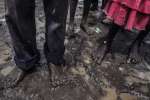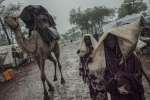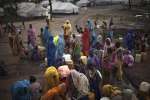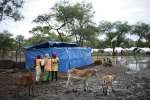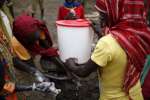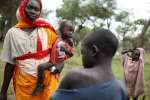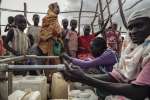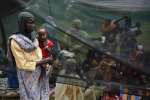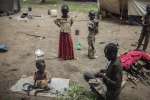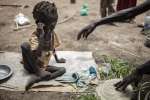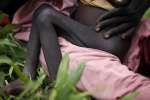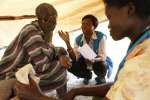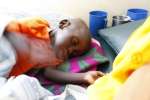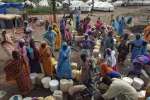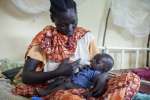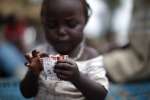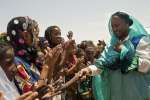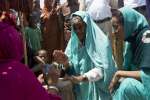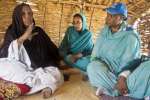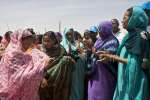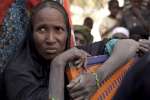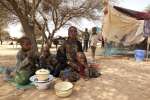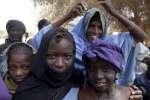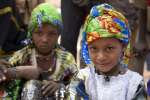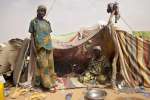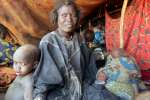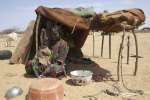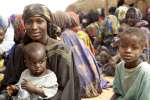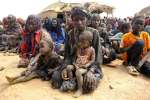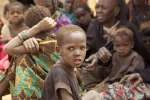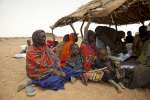- Text size
 |
|  |
|  |
| 
- Français
UNHCR working in Niger to contain cholera epidemic in refugee camps
Briefing Notes, 21 May 2013
This is a summary of what was said by UNHCR spokesperson Melissa Fleming – to whom quoted text may be attributed – at the press briefing, on 21 May 2013, at the Palais des Nations in Geneva.
A cholera epidemic declared by the Niger government on May 11 has left 7 people dead in the west of the country, including 2 Malian refugees.
The two refugees are a 45-year-old man who died on May 13, and a 3-year-old boy who passed away last Sunday, after arriving at the health center at a late stage of the disease. Both were refugees in the Mangaize camp which hosts 15,000 in the Tillaberi region.
To date, 248 cases have been registered in the Tillaberi region, including with 31 cases among refugees in Mangaize and Tabareybarey camps.
Cholera is typically contracted by consuming contaminated water.
We are responding to the outbreak in the camps by implementing emergency health and sanitation measures, such as increasing the supply of clean water. The affected refugees are being treated in the Cholera Treatment Centres (CTC) run by Medecins Sans Frontieres (-Suisse). Together with our partners, we are also providing oral rehydration solutions, soap and aquatabs. However, more drugs are urgently needed in the centres to treat potential new cases.
We are working to spread public health messages in the camps through sensitization campaigns. The same measures are being put in place for the local community in the surrounding areas.
We are currently reinforcing our team with the arrival yesterday (Monday) of a regional health co-ordinator who will work with authorities and partners on additional measures to contain the epidemic. The implementation of a vaccination campaign for the population at risk, both inside and outside the refugee camps, is a measure under consideration.
Last year, a cholera epidemic affected 5,287 people and killed 110 throughout Niger. The region of Tillaberi was the most affected with 4,792 cases and 87 deaths. No refugee died at that time.
Cholera outbreaks are recurrent in Niger, one of the poorest countries in the world. Niger is currently hosting some 50,000 Malian refugees, including 31 000 in 3 camps in the Tillaberi region. They fled a conflict in the North of their country which started in early 2012.
The Malian conflict has forced 174,000 people to flee to Burkina Faso, Mauritania and Niger. It has also uprooted more than 300,000 Malians inside their country.
For more information on this topic, please contact:
- In Niger (on mission), Helene Caux (Regional) on mobile + 221 77 333 1291
- In Niger, Charlotte Arnaud on mobile + 227 92 19 19 03
- In Geneva, Fatoumata Lejeune-Kaba on mobile +41 79 249 34 83
